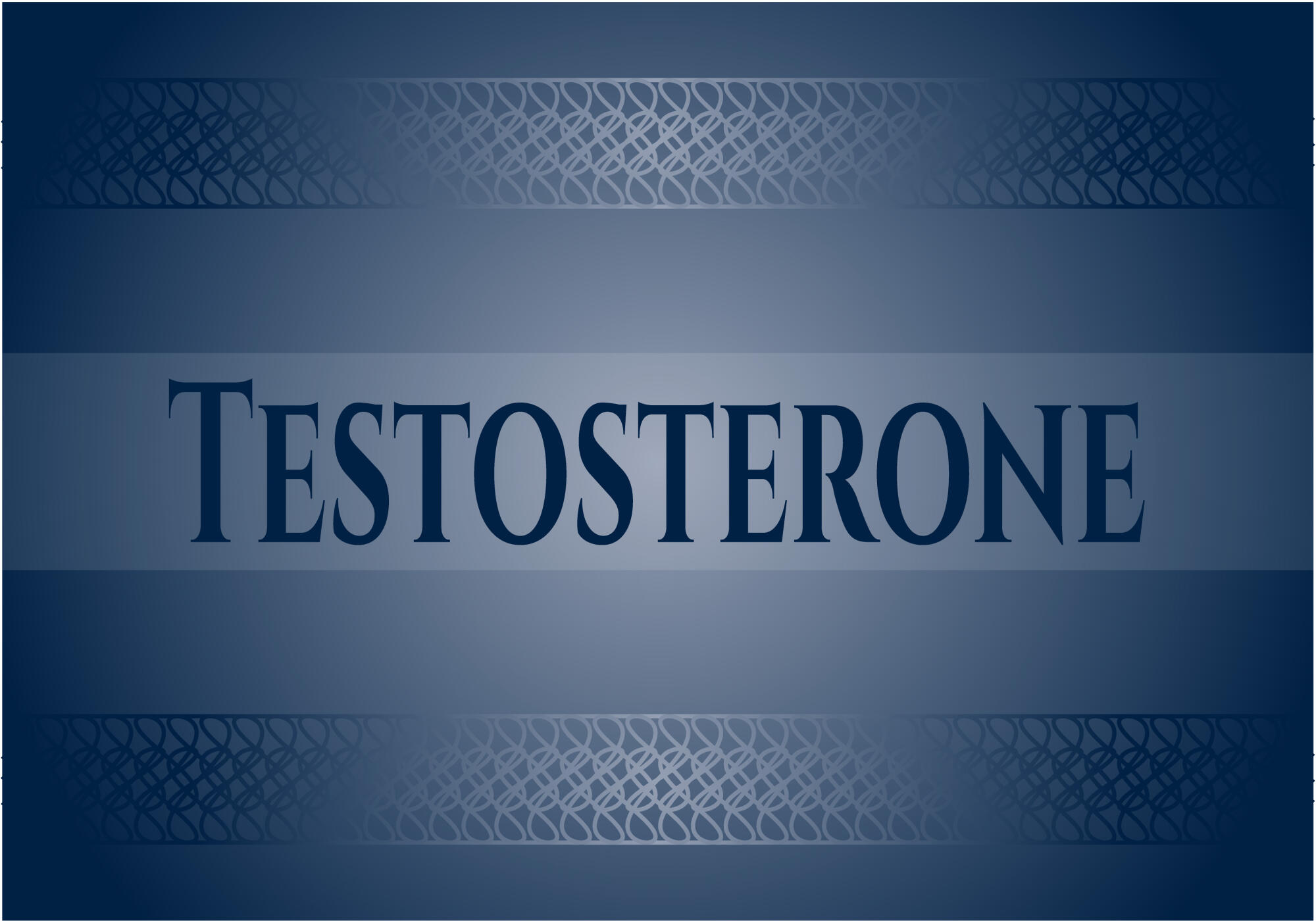What is Hashimoto’s?
The thyroid produces hormones that play a significant role in various bodily functions. When the butterfly-shaped gland isn’t working properly, many health problems may arise. Hashimoto’s is an autoimmune condition that specifically affects the thyroid gland. Normally, your autoimmune system protects your body by attacking viruses and bacteria, but with Hashimoto’s, your immune system attacks your thyroid gland by mistake. In turn, your thyroid isn’t able to make enough thyroid hormone and your hormone levels become unbalanced. Anyone can experience Hashimoto’s, but those more at risk for the condition include: women, people between 40 and 60 years of age, hereditary factors, and other autoimmune diseases.
Symptoms And Diagnosis
Symptoms of Hashimoto’s may include any of the following:
- Goiter: an enlargement of your thyroid gland. It looks like a bulge on your neck, and can cause trouble or pain with swallowing, breathing, or speaking.
- Constipation
- Brain fog
- Dry skin
- Fatigue
- Hair loss
- Heavy or irregular periods
- Intolerance to cold
- Mild weight gain
- Small or shrunken thyroid gland
Hashimoto’s can cause hypothyroidism, or underactive thyroid. If the thyroid gland is not making enough thyroid hormone, you may experience symptoms related to hypothyroid as well as Hashimoto’s. The symptoms for hypothyroidism include:
- Tiredness
- Muscle weakness
- Weight gain
- Sensitivity to cold
- Depression
- Hair and skin changes
Rarely, Hashimoto’s can cause hyperthyroidism, or overactive thyroid. The symptoms for hyperthyroidism include:
- Rapid heart rate
- Weight loss
- Sweating
- Sensitivity to heat
- Tremors
- Anxiety
Only through blood work and laboratory testing can professionals determine whether or not your symptoms are linked to Hashimoto’s.
According to the National Library of Medicine, the most common laboratory findings demonstrate an elevated thyroid-stimulating hormone (TSH) and low levels of free thyroxine (fT4), coupled with increased antithyroid peroxidase (TPO) antibodies (Mincer & Jialal, 2022). TSH tells your thyroid how much of the gland’s hormone it needs to produce. TSH, thyroxin (T4), and triiodothyronine (T3), can all be tested and balanced with an expert at Evolve Telemedicine.
There are many conditions that affect the thyroid and cause health problems. The main difference between Hashimoto’s and other thyroid imbalances is the involvement of the immune system and its attack on the thyroid gland.
While you can’t alter your age or genetics, you can change your metabolism by focusing on the controllable factors surrounding its function. Metabolism refers to the various chemical processes that work to convert your food into energy. Hashimoto’s affects your metabolism because the increased inflammation is a contributing factor to a slower metabolic rate. Some recommendations to improve metabolic function include: thyroid hormone treatment, increasing amounts of physical activity, changing your diet, getting enough quality sleep and managing your stress levels. Developing a health plan based on your individual needs and goals is essential for optimal metabolic health.
Treatment and Management of Hashimoto’s
What is the treatment process of Hashimoto’s? Similar to the treatment of hypothyroidism, most people take medication to balance hormones and treat the condition. There are two classes of thyroid medication: natural and synthetic. Evolve provides patients with naturally desiccated thyroid medication which is derived from porcine thyroid and molecularly resembles human thyroid hormones T1, T2, T3, and T4. The best part about desiccated thyroid hormones is that they contain the biologically active T3 hormone. This means T3 enters cells from the bloodstream and increases your metabolism. On the other hand, synthetic thyroid medications contain only T4 which must be converted to T3 by the body for it to work. Synthetic thyroid medications such as Synthroid and Levothyroxine contain Thyroxine (T4), which is the same hormone produced by the thyroid gland.
It’s important to monitor your symptoms and condition by completing follow up blood work and laboratory tests. By balancing your hormone levels with Evolve Telemedicine, you can increase your overall well being and reverse the effects of Hashimoto’s.











